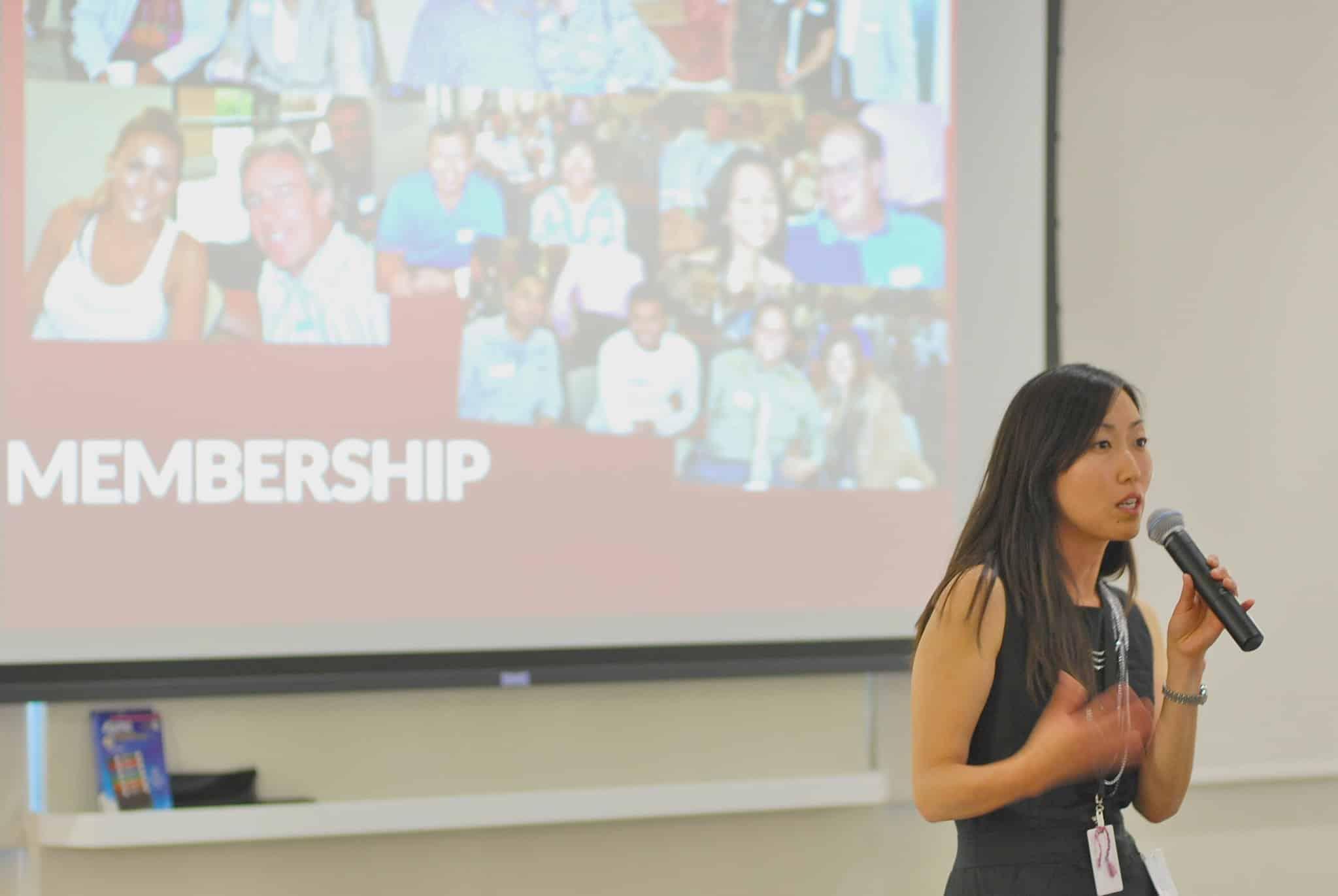3 Ways CEO’s And Employees Can Avoid Burnout And Promote Self-Compassion During Times Of Crisis
Recent challenges have triggered much interest in the “epidemic” of employee burnout. Articles and podcasts highlight that 76% of employees will experience burnout at some point in time, offering leaders tips to support their team’s well-being and prevent such ends. However, as is too often the case, such studies fail to address that leaders, too, have limited resources. In fact, the last study into leadership burnout indicated that 96% of leaders will experience burnout at some point in their career. In the light of the unpredictable and unprecedented months ahead, burnout in leaders is a risk that needs to be addressed.
I have spent the last six months speaking to CEOs who have experienced a crisis of well-being, asking them for their advice for fellow leaders. Here are their top tips:

1. You Don’t Need To Be A Superhero
In a time when “servant leadership” has gained much attention, many leaders believe that looking after others is a priority, above attending to their own needs. This is futile. If you are not taking the breaks you need, making time for exercise, sleep, and time with loved ones, then your brain simply cannot perform effectively. The amygdala, the emotional part of the brain most closely associated with the stress response, becomes more alert and sensitive. At the same time, the prefrontal cortex, the decision-making part responsible for regulating emotions and thinking rationally, works less effectively and, over time, can start to reduce in size. This means that you will not only be unable to think clearly, but you are also more likely to snap at those around you, your focus will diminish and your capacity to solve problems and think creatively will be inhibited. How can you truly serve your team in this state? You can’t. In this state, your company culture is impacted. This is the fast track to a workplace of fear, mistrust, and low morale. If you want to inspire and lead your teams, looking after your well-being needs to be a priority.
2. Know Your Reference Points
We all know the importance of meaningful work. It is the foundation of our motivation and fulfillment. In times of change and uncertainty, understanding personal, shared, and company values are more important than ever. It is what drives resilience, innovation, and ethical leadership. The CEOs I spoke to all described how easy it is to get “swept along” a career path of quick promotion and new opportunities without stopping to reflect on your personal values. In times of stress, this is accentuated. It can feel like you don’t have time to think, leading to snap decisions that may not align with your values or vision of success. These CEOs explained how becoming aware of what was meaningful to them was “transformational.” This simple process was what enabled them to overcome their crisis and, subsequently, empowers them to turn stress into a positive influence in their lives.

3. Find Someone To Speak To
As we break the stigma of mental health at work, many organizations proudly promote to their staff that “it’s OK to not be OK.” But how many leaders are actively role-modeling this message? It is understandably hard for C-suite executives to express vulnerability when, historically, this has been such a taboo subject. However, it is time to start. Every CEO spoke about the challenge of being honest with others about the challenges they were facing. They all also emphasized that finding someone to speak to about their well-being and emotions is fundamental to them now sustaining their performance, health, and happiness. Furthermore, they explained how in doing so on a regular basis, they have been able to manage challenges as they arise, support their teams more effectively while also maintaining healthy personal lives. For some this person was a family member, for many this was a coach or mentor, and for others, it was their employees. There is never a “one-size-fits-all” when it comes to well-being but there is always the need to find a size to fit you.
As we move into Q3 and there is so much unknown lying ahead, now is the time for leaders to step up and ensure they are looking after themselves. As one CEO said, “commitment is vital” and if you don’t learn to take care of yourself “something will break.” So if you want to sustain your well-being and performance over the months ahead, and to act as a positive role model to your team, now is your chance.
This was written by Charlotte Wiseman and originated on Thrive Global






